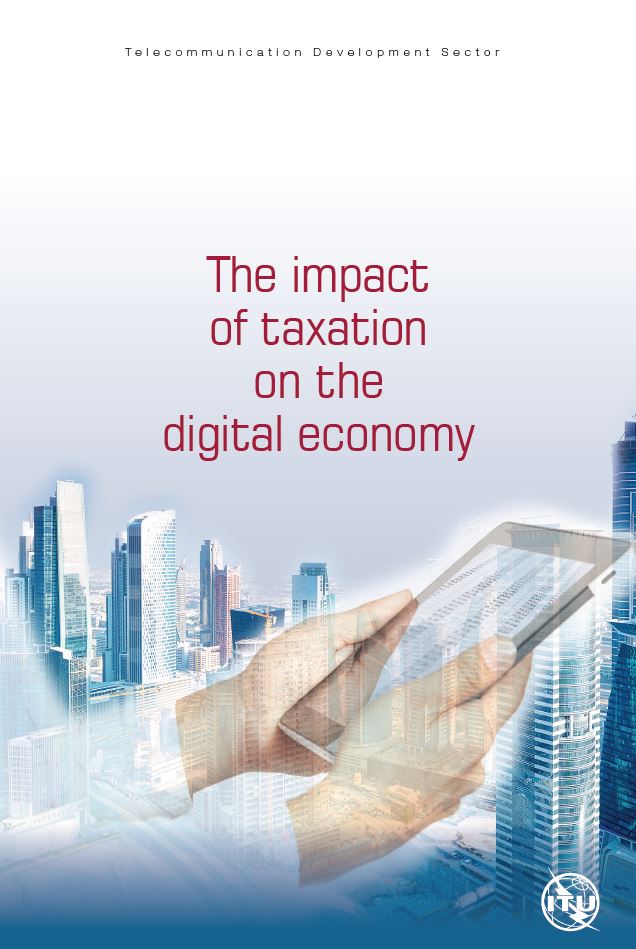
The 2016 ITU Report on the Impact of Taxation on the Digital Economy reviews and discusses policy issues related to the taxation of firms operating within the digital sector, as well as levies imposed on consumers purchasing digital goods and services.
Beyond telecommunications and broadband provisioning, taxation of other players in the digital value chain, such as digital advertisers, content over-the-top distributors, and electronic commerce platforms, presents numerous conceptual problems, which result in a much more diverse set of approaches. There is still no consensus among policy makers as to what category should digital goods fall into, or whether a digital good should be taxed at all. The ongoing debate around taxation policy in the digital economy entails multiple issues.
This Report presents findings on some key questions which today are addressed by stakeholders across the sector, including:
- What is the appropriate level of taxation on capital equipment purchased by telecommunications operators?
- How should Internet sales be taxed?
- How should consumption of digital goods be taxed?
- Should the consumer purchasing wireless devices and personal computers be taxed?
- Should providers of digital platforms be taxed at the country where revenues are generated, or should they benefit from international rules that allow them to take corporate tax exemptions in certain locations?
- Should Internet service providers pay taxes in the same way as telecommunications carriers?
This publication also reviews, analyzes and presents best practices and policy recommendations related to taxation practices in the digital economy that apply for both, firms operating within the sector and consumers purchasing digital goods and services.
More is available at the Publications on Economics & Finance webpage.